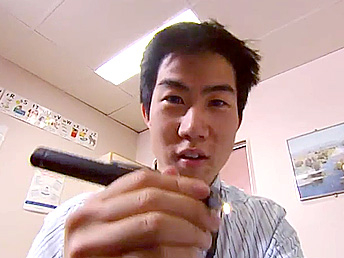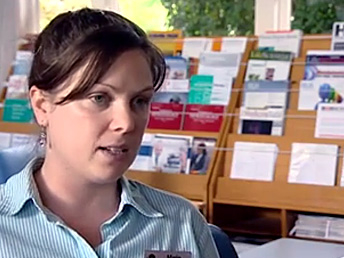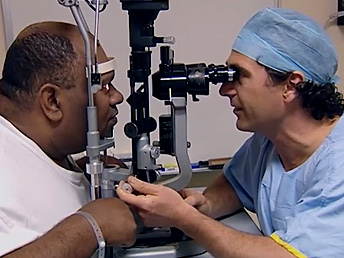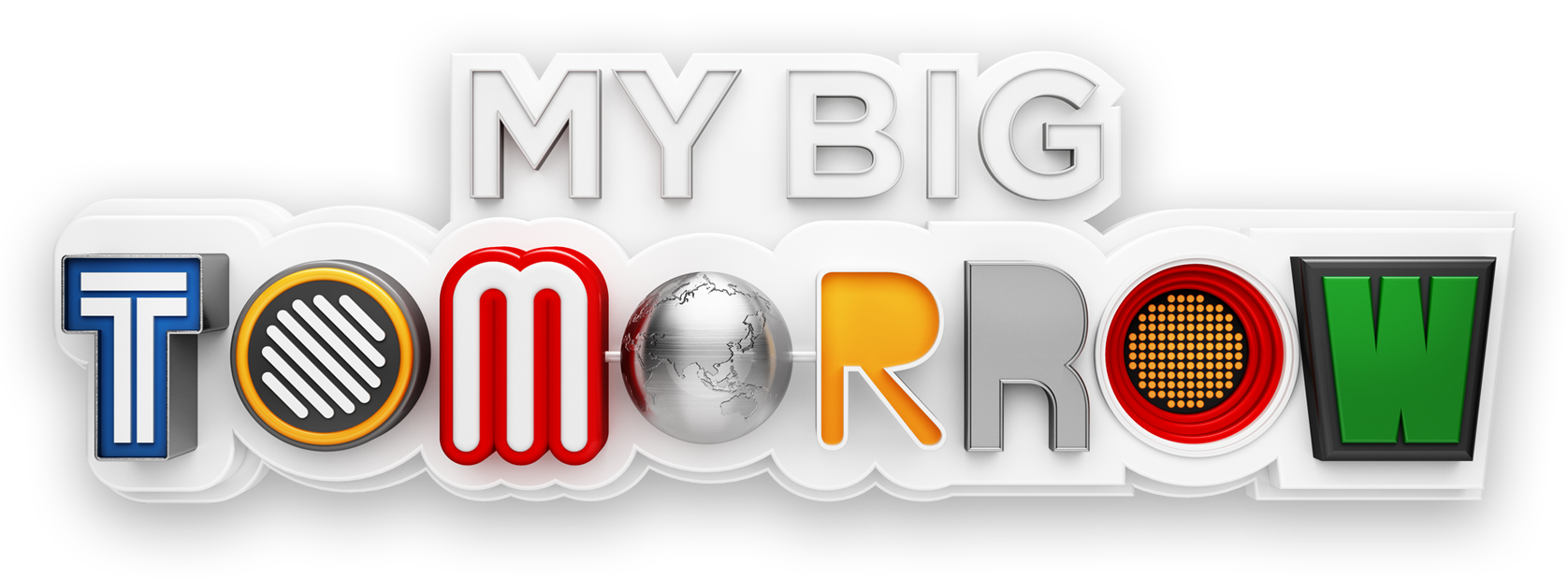
Biomedical Engineer
A biomedical engineer uses an engineering approach to solve problems in the medical and health field. A big part of your job is designing or improving technology to help people going through rehabilitation or those with a disability.
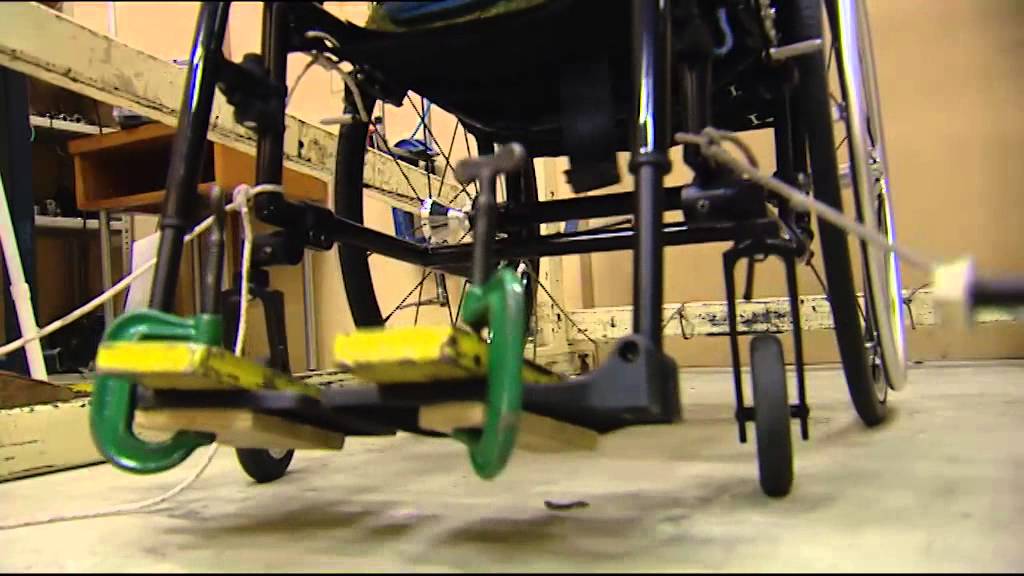

What the job looks like
Salary expectation
starts at $43,982 up to $94,687+

The good
- Helping people overcome their impairment
- Seeing people achieve things they could not do before
- Using or designing some of the latest technologies
The not so good
- The degree takes five years to complete
Biomedical engineering combines health services with engineering to enhance the quality of human life. Your role might involve creating artificial limbs and assisting surgical teams in fitting them to the patient, or making sure equipment such as CAT scanners operate safely.
Maths is an important part of biomedical engineering and is used almost daily to work out equations and scientific formulas. This career is highly technical and combines science, technology, engineering and mathematic concepts.
You might find yourself testing equipment, analysing data and working on research projects alongside doctors and medical scientists, so good English skills are also important to communicate effectively.
A career as a biomedical engineer can be very rewarding. If you are creative, logical, interested in science and enjoy solving problems, then this could be the career for you.
The best bit is coming up with new ways to help people using technology.
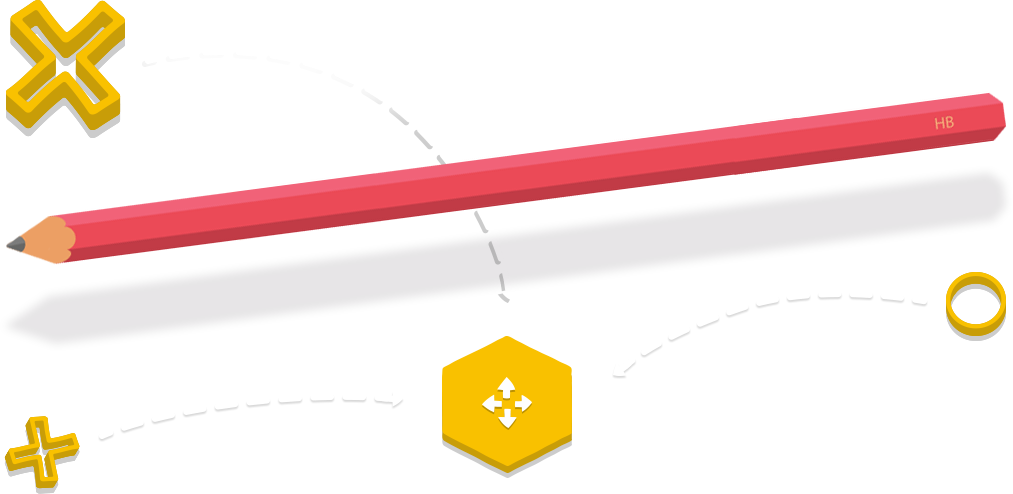
Pathways to this career
Subject suggestions for the HSC
Choosing your HSC subjects from this list could really help with your career. Think carefully about what you want to study after school as you might need to choose specific HSC subjects for that course and to count towards your ATAR (Australian Tertiary Admission Rank). An ATAR is your academic rank in relation to other HSC students and helps with University admission.
HSC subjects
Some subjects will count towards your ATAR, others will not. Check with your career advisor before making subject selections.
- English (Advanced or higher)
- Mathematics (2 Unit or higher)
- Chemistry
- Physics
- Biology
- Information Processes and Technology
What can I do after I have finished school?
University degrees
Studying one of these degrees can help with your career.
- Bachelor of Biomedical Engineering
Suggestions
Check out Engineers Australia for more information
- Watch as many documentaries as you can find or jump on Youtube to find out more about biomedical engineering
- See if you can visit your local hospital to talk with someone in the field for first-hand experience
- Go to career expos and events like university Open Days for information about what you will study
